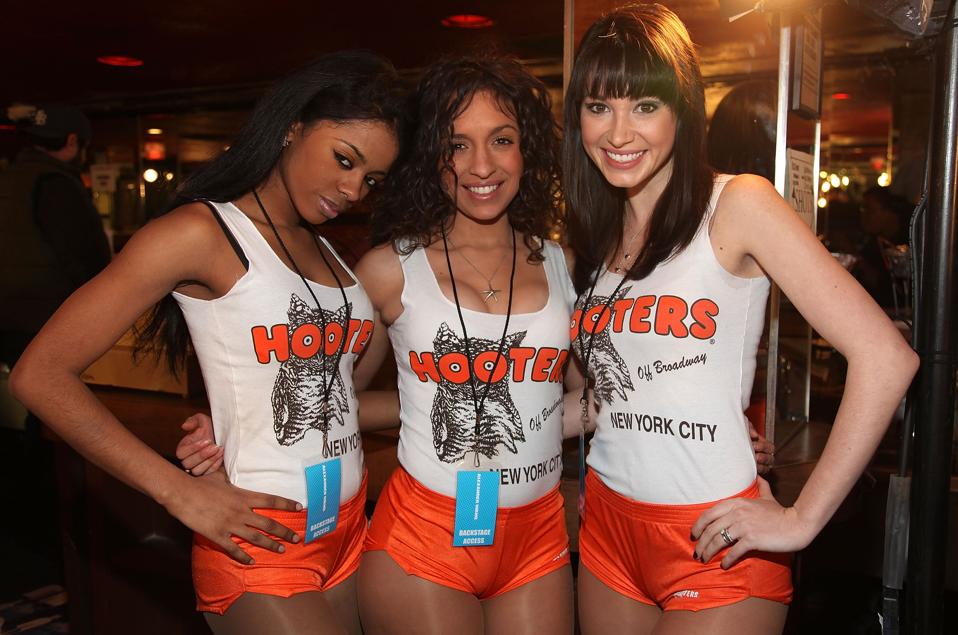Male drivers for Uber and Lyft have claimed gender discrimination and are suing the rideshare companies because of a feature in the rideshare apps that allows women to request non-male drivers. According to Time, the dual class action lawsuit alleges that male drivers are disadvantaged by the feature, claiming fewer economic opportunities and discrimination because of their gender. In July, Uber announced the new gender-based feature and Lyft has had this feature, called Women+ Connect, since 2023. Four plaintiffs are requesting $4,000 in damages for each male driver to address their perceived losses in revenue. The law firm representing the plaintiffs did not respond to a request for comment.
Both Uber and Lyft saw record growth in 2024. Lyft reported a “record-smashing” year in 2024, having serviced 44 million people annually across the U.S. and Canada as well as strong rider and driver growth and engagement, with 17% year-over-year rider growth. Uber reported a strong 2024 as well with 18% year-over-year rider growth along with 171 million monthly active platform consumers (MAPCs). Despite record growth for both companies, Dan Ocampo of National Employment Law Project published a report highlighting “predatory rates” that both companies paid drivers, reporting that in 2024, Uber drivers earned less than the prior year and Lyft drivers worked fewer hours in 2024 but their earnings declined a disproportionate amount, decreasing 14% compared to 2023. Both companies failed to pay drivers a livable wage, according to the report, which indicated that drivers’ wages were “less than the applicable minimum wage, while at the same time increasing consumer prices by over 7%.” Uber and Lyft did not respond to requests for comment.
This case of male drivers suing the rideshare apps adds to the high-profile gender discrimination cases that have been brought on by men against their companies. Two important cases to note: In 1981, Southwest Airlines was sued over claims that they violated Title VII of the Civil Rights Acts, which grants protections to individuals based on a set of protected classes. More than 100 male job applicants argued that Southwest refused to hire male applicants, with the company stating that its refusal to hire men was intentional because hiring women was a Bona Fide Occupational Qualification (BFOQ), which argues that a workplace policy that violates Title VII of the Civil Rights Act is admissible when there is a business necessity. Southwest argued that their flight attendants being women was a business necessity for the company and that being a female flight attendant was “crucial to the airline’s continued financial success,” but the court ended up rejecting the BFOQ defense.
In a second well-known gender discrimination case, in 1997, popular restaurant chain Hooters was sued by a group of men who claimed the company denied them jobs in favor of hiring female servers. The restaurant claimed that being a woman was a BFOQ. Hooters argued that the waitresses were not waitresses but “entertainers” that were necessary to uphold the company’s business model and image. The company settled with the men for $3.75 million and ended up developing non-server roles for men.
For women who use ridesharing apps like Uber and Lyft, safety is a priority, especially at night. New York City-based attorney and housing policy expert, Leah Goodridge, who is a frequent rideshare app user, indicated, “Seeing a woman driver is rare, but when I do, it gives me the same feeling as when I have a woman OBGYN…I’m relieved. I’m relieved [when] I’m in a vulnerable position at night, seeing a woman driver puts my heart at rest.”
Candace Parrish, a Charlotte-based chief communication officer at Textured Eight PR shared, “I personally haven’t seen a difference between the women and men I’ve had as drivers, thankfully. But I know the concerns are real.” She also shared, “I think about safety all the time when I ride at night so I usually share my location with someone so they can see where the car is going. I haven’t had any weird circumstances, but I hear about other’s experiences and take precautions just in case.”
When the rideshare lawsuit circulated on social media, many commenters suggested that rideshare companies should also provide an option for riders to request drivers who are non-female. Many women riders want the ability to select non-male drivers for safety. Rideshare companies will have to address valid safety concerns and must also work to ensure that work is allocated equitably and fairly. As the nature of gig work morphs and changes, rideshare companies must uphold policies and practices that are aligned with driver needs while also considering what’s in the best interest of riders.

